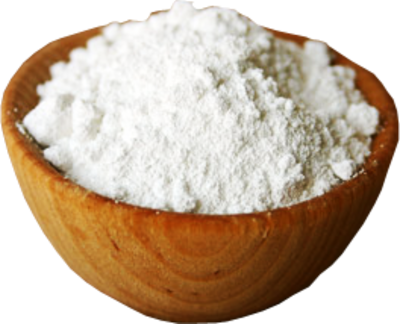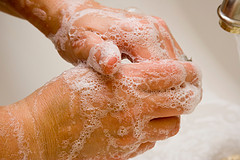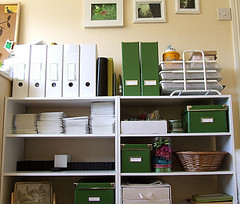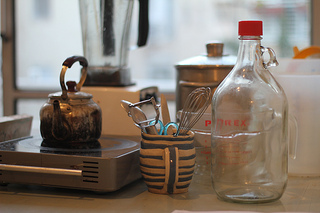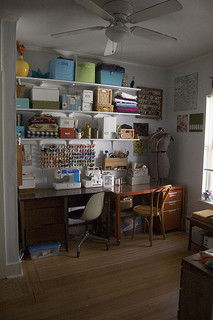Making and cleaning your bed is a small task that has a surprisingly big impact on your day-to-day life and your well-being. Not only does it contribute to a cleaner, more organized space, but it also helps with sleep hygiene, mental clarity, and even reducing allergens.
First, let’s talk about the benefits of making your bed each morning. While it may seem like a simple chore, making your bed sets a positive tone for the day. It creates a sense of order and accomplishment, giving you the satisfaction of having completed a task as soon as you wake up. This can provide a mental boost, helping you stay motivated to tackle more challenges throughout the day.
A clean, well-made bed also contributes to better sleep hygiene. When you climb into a neatly arranged bed with fresh sheets, it creates a calming environment conducive to restful sleep. This leads to a deeper, more rejuvenating rest, which is vital for maintaining mental and physical health, especially during busy school or work seasons.
Now, when it comes to cleaning your sheets, using green methods is key to ensuring your bed is both clean and healthy without relying on harsh chemicals. Many people don’t realize that synthetic fragrances and harsh detergents can leave behind residues that irritate the skin or contribute to indoor pollution. Instead, opt for natural, eco-friendly alternatives.
For regular sheet cleaning, you can use unscented, plant-based detergents or DIY laundry soaps that combine ingredients like baking soda, castile soap, and a few drops of essential oils for a gentle, natural clean. Lavender, tea tree, and eucalyptus oils are great options to infuse your sheets with a fresh scent while also having natural antibacterial properties. These essential oils help combat dust mites and bacteria without leaving harmful residues on the fabric.
Washing your sheets once a week is ideal, as it removes sweat, skin cells, and allergens that accumulate over time. To further boost your green cleaning routine, wash your sheets in cold water to conserve energy. Hot water is rarely necessary for regular sheet cleaning, and cold water is gentle on fabrics while still removing grime and bacteria. Line drying your sheets outside, when possible, not only saves electricity but also allows the sunlight to naturally disinfect and freshen them.
If you suffer from allergies, regularly cleaning your bedding can help significantly. Dust mites and other allergens tend to accumulate in mattresses, pillows, and sheets. Green cleaning methods, like using essential oils or making use of natural fabric sprays, can help neutralize these allergens without introducing more irritants into the air.
Finally, for an eco-friendly touch, consider switching to organic cotton or bamboo sheets, which are made without harmful pesticides or synthetic chemicals. These materials are not only better for the environment, but they are also softer and more breathable, contributing to a better night’s sleep.
Making your bed and cleaning your sheets are simple habits that can transform your space and your well-being. By incorporating green cleaning methods, you ensure that your bed is not only a restful retreat but also a healthy, eco-friendly one. So, next time you start your day by making the bed, know that you’re doing more than just tidying up—you’re supporting your overall wellness and the environment!

